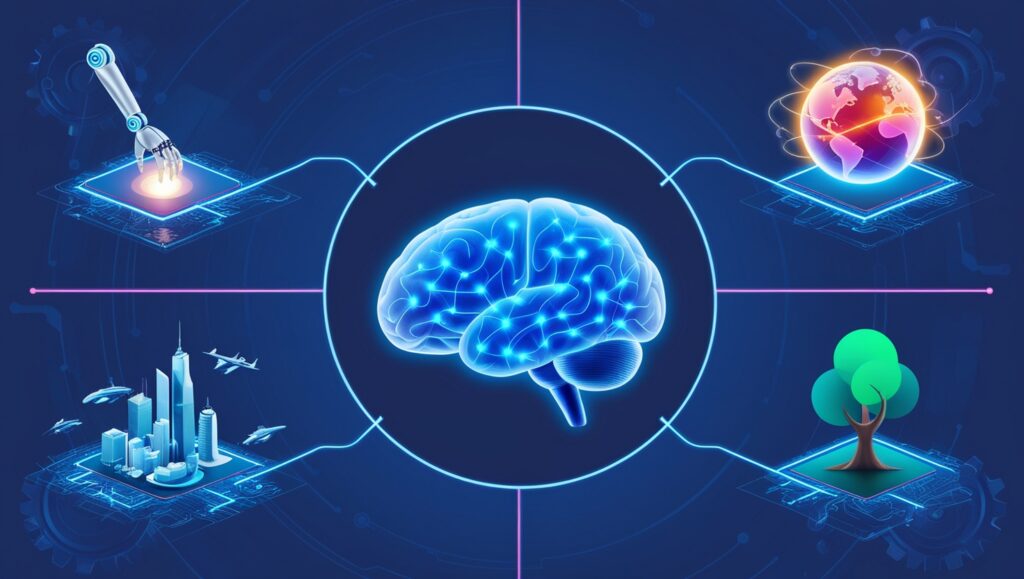Big tech firms, such as Google, are putting a lot of money into artificial intelligence (AI) technology because they believe it will help them make billions of dollars in profits.
But with everyone rushing to capitalize on AI, there are concerns about who will really benefit from this: are we heading toward a future in which everyone prospers, or one in which the rich get richer and the poor stay the same?
We’re going to have a better, more equal world, according to Sundar Pichai, CEO of Google.
Pichai presented a compelling case for artificial intelligence’s advantages at the Summit of the Future, a gathering of world leaders on Saturday at the UN headquarters in New York to talk about AI and other issues. The 17 Sustainable Development Goals are a “shared blueprint for peace and prosperity for people and the planet,” according to the UN, and he outlined four important areas where AI could support these goals.
Obtaining knowledge in their native language
According to Pichai, Google has been working on adding 1,000 of the most widely spoken languages to Google Translate, in addition to adding 110 new languages in the last year.
Quickening the pace of scientific advancement
Google revealed Alphafold 3, a model created by Isomorphic Labs and Google DeepMind, in May. This model represented a significant advancement in drug discovery as it could precisely predict the structure of proteins, DNA, RNA, and ligands.
Over 2 million researchers in over 190 countries have accessed Alphafold since Google made it available for free. Of these, 30% are in developing nations, according to Pichai. Globally, Alphafold is being used in research to find new drugs in areas like cancer treatments and malaria vaccines, as well as to help make crops more disease resistant.
Preventing the climate catastrophe
According to Pichai, Google’s Flood Hub system protects over 460 million people in 80 countries and issues early warnings on climate disasters up to seven days in advance. Additionally, Google’s wildfire boundary tracking systems are currently operational in 22 nations. Google also unveiled FireSat earlier this month, a brand-new global satellite constellation made expressly to identify and monitor wildfires the size of classrooms in less than 20 minutes.
These technologies benefit from “a boost in accuracy, speed, and scale” from AI, he claimed.
Supporting the advancement of the economy
Pichai stated that research indicates artificial intelligence (AI) could raise labor productivity globally by 1.4 percentage points and GDP globally by 7 points in the next ten years.








